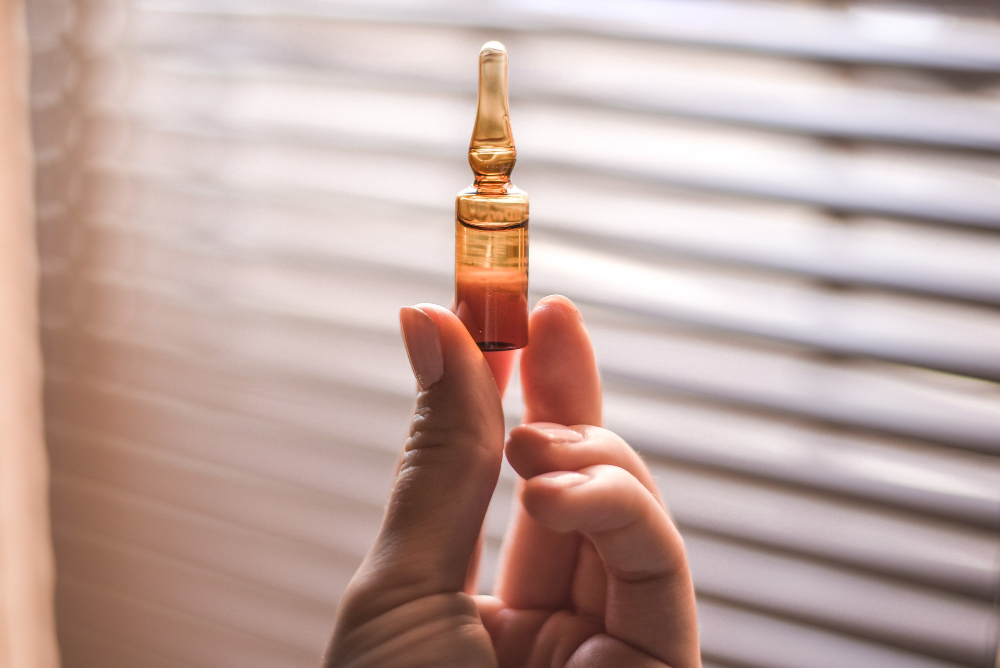Frenulectomy
.png)
.png)
An operation on the frenulum, a little fold of tissue on the bottom of the penis, is called a frenulectomy. The frenulum, which joins the penis’ glans to the foreskin or shaft, can be overly short or tight in particular men, which can be uncomfortable during intercourse. To reduce stress and enhance sexual performance, a frenulectomy involves partial or complete frenulum removal.
A sensitive and erogenous region of the penis called the frenulum can increase orgasm and sexual pleasure when stimulated. However, if the foreskin is retracted or the frenulum is overly tight or short, it may cause pain, tearing, bleeding, or discomfort during sex. About 5% of men have this ailment known as frenulum breve. Frenulum breve is congenital or acquired due to trauma, inflammation, or scarring, might affect one’s ability to engage in sexual activity and general quality of life.
A frenulectomy is a quick and secure surgical operation that can be done as an outpatient under local anesthetic. The patient lies on his back, his legs are spread, and his genitalia is visible. The surgeon injects the frenulum with a tiny dose anesthetic to numb the area. The excess tissue or tension is then cut or decreased from the frenulum by the surgeon using a scalpel, pair of scissors, or laser.
The surgeon may carry out a partial or complete frenulectomy depending on the size of the frenulum. In a partial frenulectomy, the tight or brief portion of the frenulum is solely removed, leaving the rest intact. A complete frenulectomy entails the removal of the frenulum in its whole, including any attachments to the glans or foreskin. The patient’s anatomy, preferences, and objectives will determine which surgery is best for them.
A tiny dressing or dissolvable stitches may be used to close the wound after the frenulectomy by the surgeon. While sexual activity should be avoided for a week or two to allow the wound to heal, the patient can typically go home the same day and resume normal activities within a few days. The patient might have some swelling, bruising, or discomfort in the penis for a few days, but these symptoms typically go away fast.
The most frequent side effects of a frenulectomy surgery are bleeding, infection, and scarring. These issues are uncommon, though, and can be avoided by adhering to the doctor’s recommendations for hygiene and wound care. The patient should avoid wearing restrictive clothing or underwear, keep the region dry and clean, and avoid engaging in sexual activity until the wound is completely healed. The patient should call their surgeon immediately if they have excruciating pain, bleeding, fever, or infection symptoms.
Men with frenulum breve may benefit significantly from frenulectomy, which can improve sexual function, lessen pain and suffering, and boost self-esteem. Some men claim that following the operation, their orgasms are more intense and gratifying since the frenulum is no longer restricting the penis’ movement and sensation. If the patient wants to modify his genital anatomy more significantly, frenulectomy might be paired with additional treatments like circumcision.
A trained and experienced surgeon specializing in urology or genital surgery should only do a frenulectomy. The patient’s medical history, physical examination, and sexual function should all be carefully examined before a frenulectomy is decided upon. In addition to asking any questions he may have concerning the treatment, its risks and advantages, and the healing process, the patient should express his worries and expectations with his physician.
Additionally, some men may have other illnesses or variables that raise the risk of complications or impact the success of the frenulectomy. Men who have a history of bleeding disorders, infections, or other chronic conditions, for instance, may need to be assessed more carefully and may need extra safety measures or medicine. Men taking blood thinners or other drugs that may slow healing or cause bleeding may need to change their dosage or cease taking the medication before the treatment.
Additionally, frenulectomy is not a solution for sexual dysfunctions or issues, and it may not be required or suitable for every guy with frenulum breve. With non-surgical methods like stretching exercises, topical lotions, or behavioral counseling, some men may be able to control their discomfort. Other men might gain from wider-ranging interventions like sex therapy, relationship counseling, or medical care for erectile dysfunction, premature ejaculation, or other issues.

Select Your Men's Health Specialist, Book Instantly
Find expert urologists and men's health professionals who understand your unique needs.
Our streamlined platform helps you connect quickly and confidentially.
Personalized Treatment Plans
Receive tailored recommendations and therapies specifically designed to address your individual health needs.
Ongoing Support & Follow-up
Benefit from continuous care, including regular progress reviews and expert guidance throughout your wellness journey.

.jpg)
.jpg)
.jpg)








